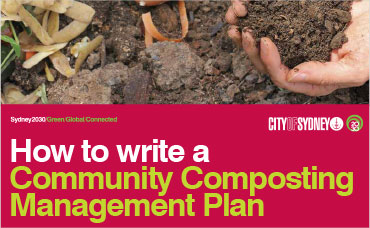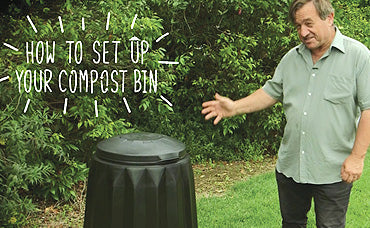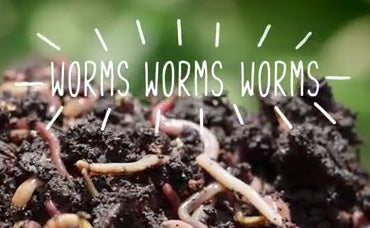

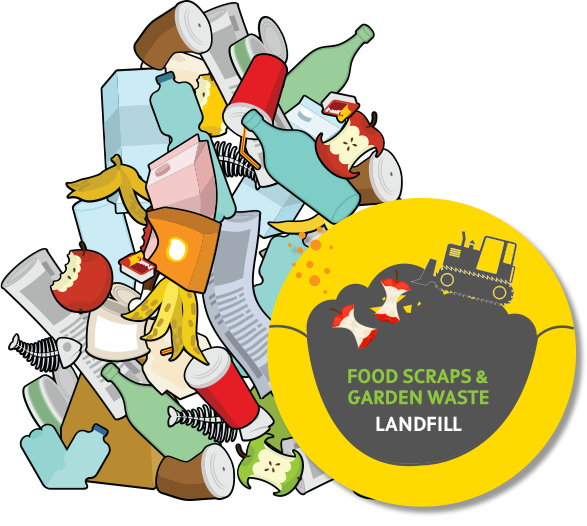
A Beginner's Guide to Composting
Why Recycle?
Approximately 45% of household waste and 30% of all the waste we throw away is organic and compostable.
Yet many people toss their organic waste into the bin and wait for their local Council to collect it and add it to landfill.
What they don’t realize is that organic waste in landfill breaks down and releases methane, a potent greenhouse gas.
This anaerobic process contributes to groundwater pollution as the acid liquid leachate is released.
Recycling your organic waste – by using a worm farm or compost bin – is aerobic, which mean it doesn’t
create pollution.
In fact, it turns organic waste into a rich fertilizer to feed your garden.
Our belief at Tumbleweed is that if Australians are going to solve the problem of food waste management and minimization it
requires a commitment from all
of us!
About Composting
Compost is made when micro-organisms feed on organic matter and break it down into smaller and smaller pieces. When the waste is fully decomposed, it forms humus - or compost – a dark, soil-like material with a pleasant earthy smell.
While natural decomposition takes a long time, you can produce mulch in four weeks or rich compost in six to eight weeks with a Tumbleweed compost bin.
By following our simple instructions, your Tumbleweed compost bin will become the perfect environment in which micro-organisms can rapidly multiply and quickly break down your organic waste.
Once you’ve filled one bin, you’ll need to give the micro-organisms time to do their work. To make sure you can keep recycling your organic waste and maintain your supply of compost, simply start filling another compost bin.
For best results, keep your first Tumbleweed compost bin moist and stir it weekly while you’re filling your second bin. Sprinkle a teaspoon full of Tumbleweed Worm Farm & Compost Conditioner over your compost each week to add extra protein and nutrients to the soil and lock in the moisture.
Place your mulch or compost around your plants, keeping it away from the stems, and it will feed the soil with important nutrients.
THE A.D.A.M PRINCIPLE
Follow the A.D.A.M principle to keep your compost bin healthy and happy:
-
 ALIVENESSCompost is a ‘living creature’ full of worms and healthy microbes.
ALIVENESSCompost is a ‘living creature’ full of worms and healthy microbes. -
 DIVERSITYMix a variety of ingredients into your compost bin, such
DIVERSITYMix a variety of ingredients into your compost bin, such
as food scraps, dry leaves, fine woody mulch, grass, hair,
herbs etc. After all, variety is the spice of life! -
 AERATIONUse an aerating tool to aerate your
AERATIONUse an aerating tool to aerate your
compost regularly. -
 MOISTUREAll living things need water, but make sure
MOISTUREAll living things need water, but make sure
your compost is not too wet and doesn’t
become dry like a wrung-out sponge.
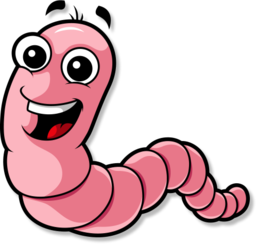
FUN FACT
The word Adam comes from the word ADAMAH, meaning ‘Earth’ or ‘Red Clay’.
Further Tips!
What can you recycle? - Equal amounts of Garden Waste and Food scraps
- Straw/mulch (pea, lucerne, sugar cane)
- Dead flowers, small old prunings
- Wood ash, some sawdust (untreated timber)
- Twiggy leafy matter
- Lawn clippings (regular small amounts)
- Small green prunings
- General garden waste
- Human and animal hair & vacuum cleaner contents
- Gardening manures e.g. chicken and cow manure will help speed up the process. Do not add pet manure.
- Small amounts of garden soil
- Vegetable scraps and other organic kitchen scraps (including egg shells)
- Coffee ground & tea bags
- Soggy or ripped up newspaper and cardboard
- Small amounts of meat or dairy, once you become an experienced composter (they can cause problems like attracting flies and vermin if added in large amounts).
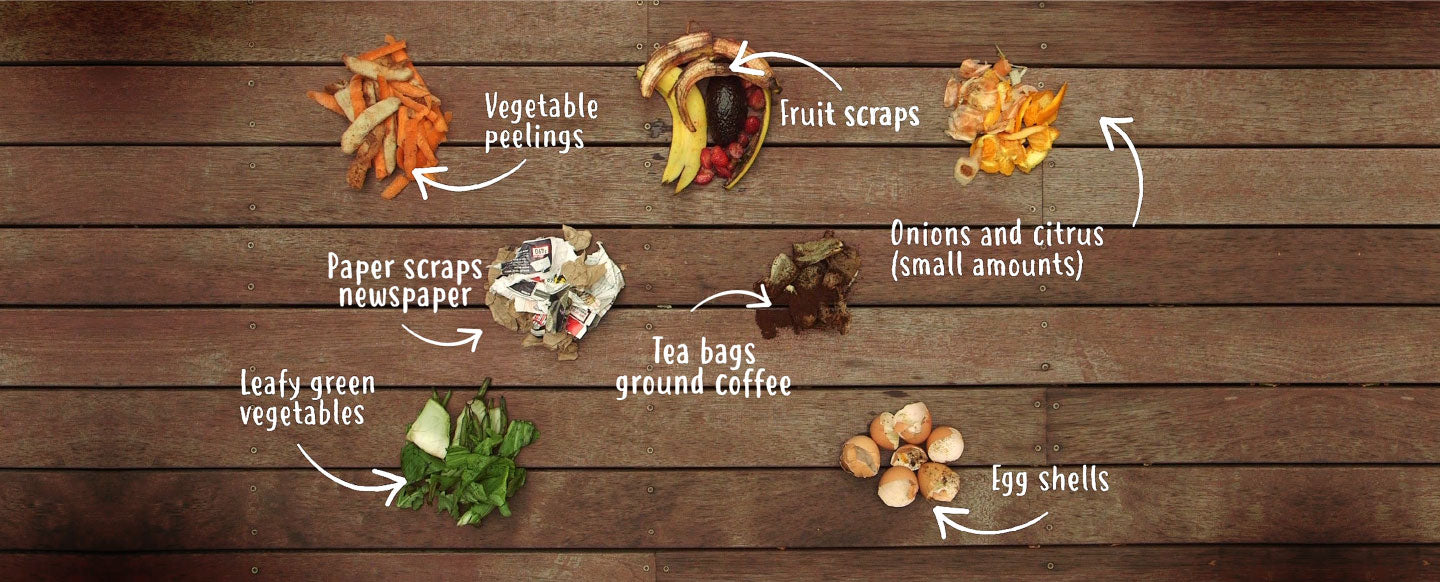
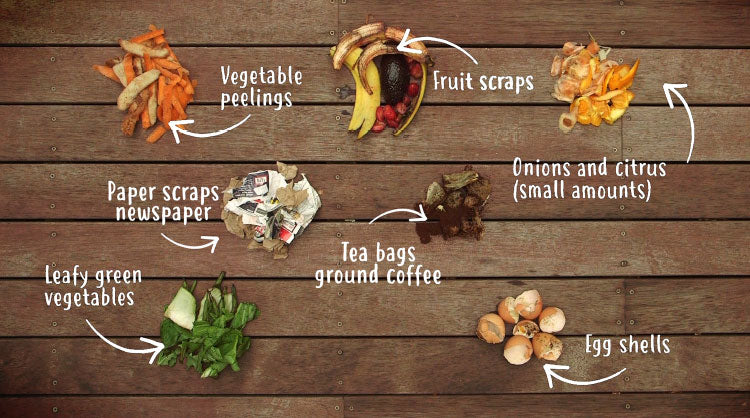
You can make
a difference!
Choose a Tumbleweed compost bin or worm farm to transform your organic waste into nutritious food for your garden.... because your earth matters!
HERE’S HOW YOUR COMPOST BIN SHOULD BE WORKING TO RECYCLE YOUR ORGANIC WASTE.
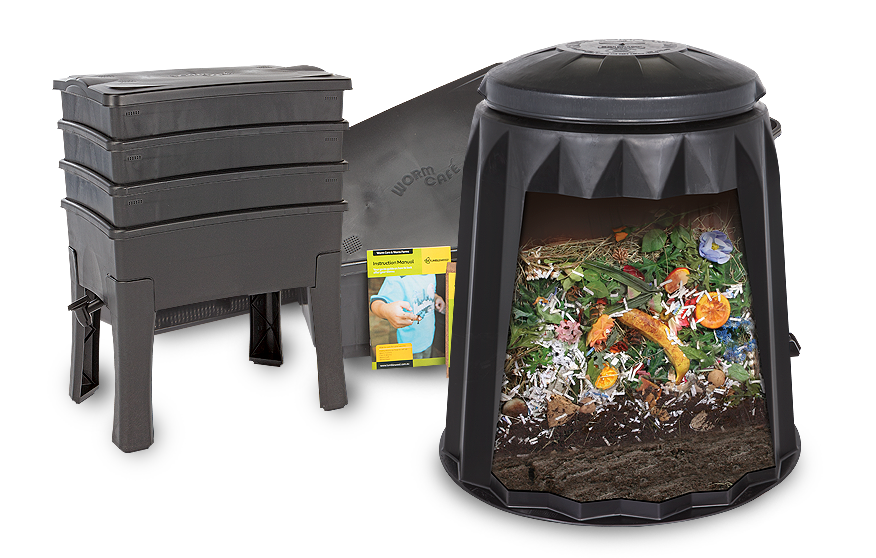
HERE’S HOW YOUR COMPOST BIN SHOULD BE WORKING TO RECYCLE YOUR ORGANIC WASTE.

Resource Literature
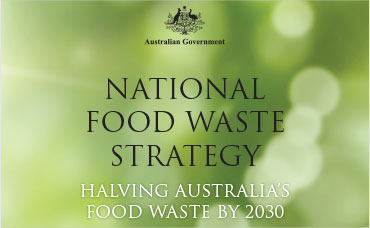
National Food Waste Strategy
The National Food Waste Strategy provides a framework to support collective action towards halving Australia’s food waste by 2030.










